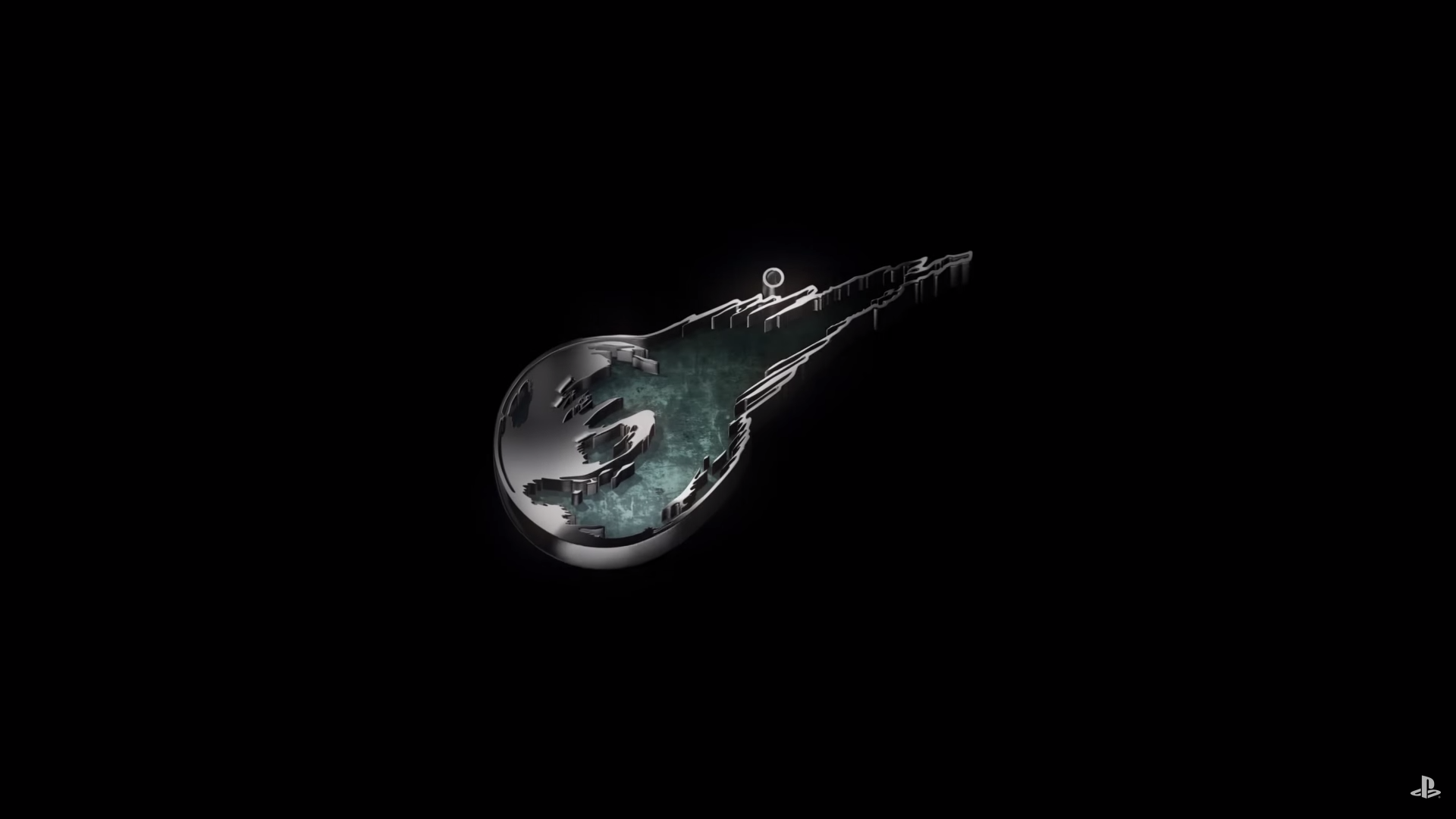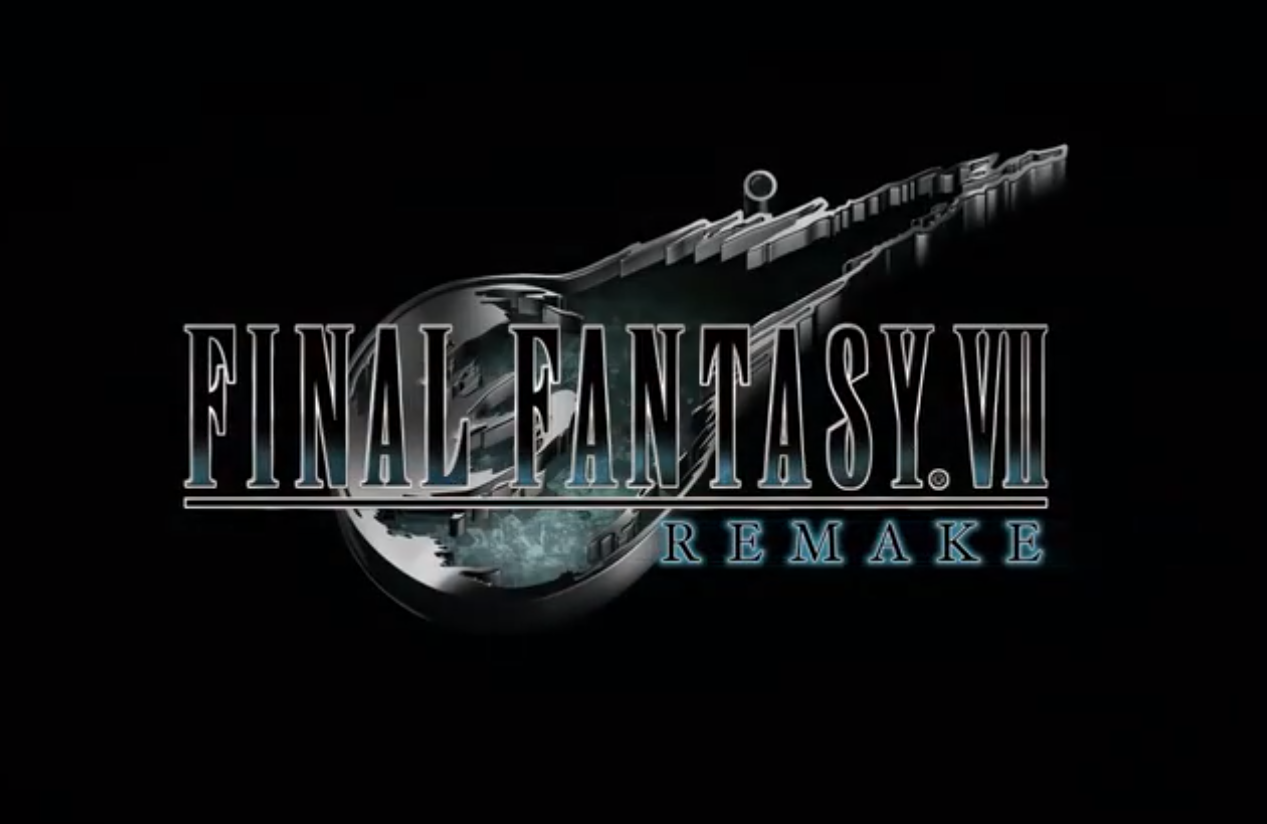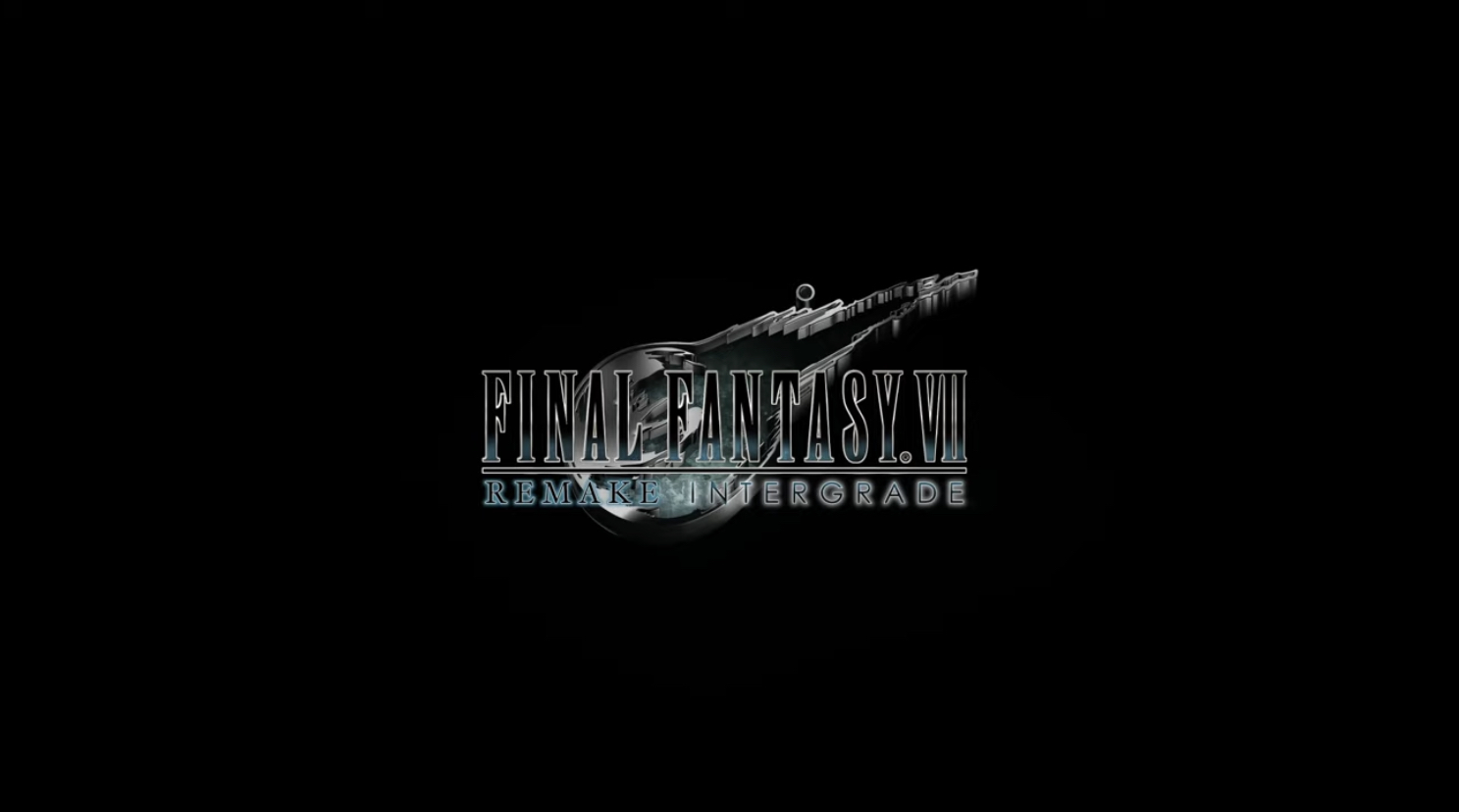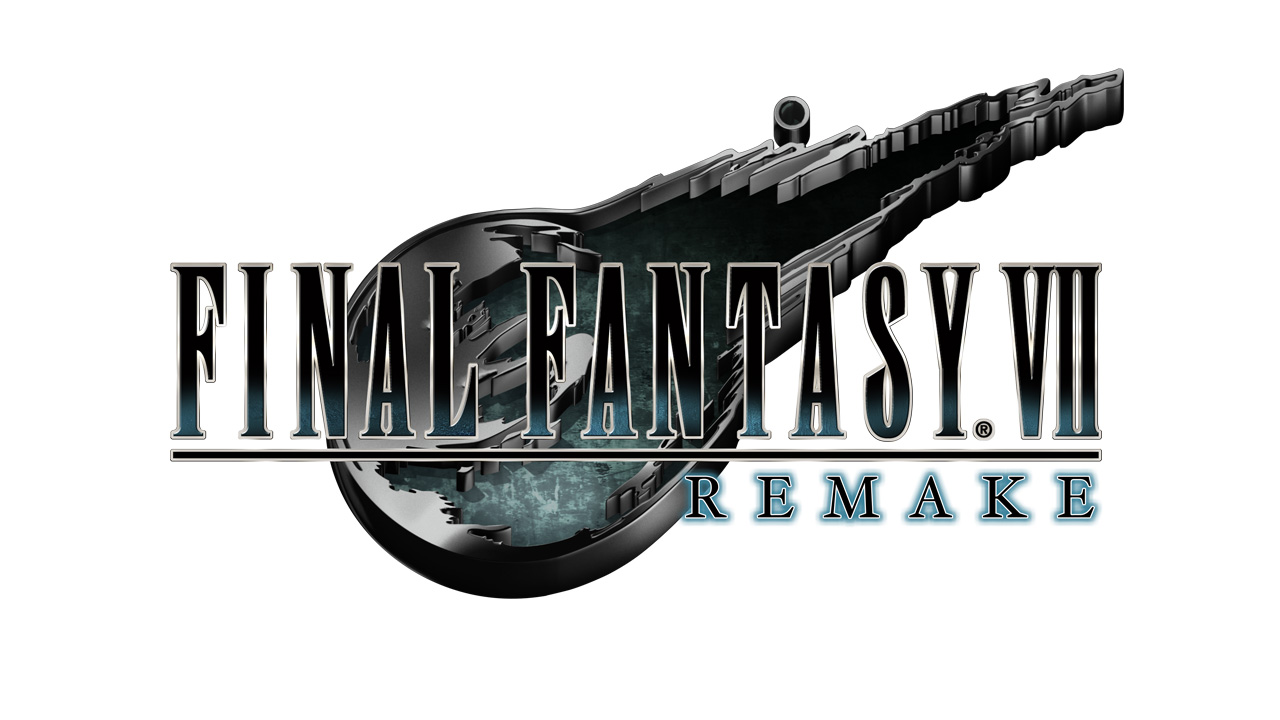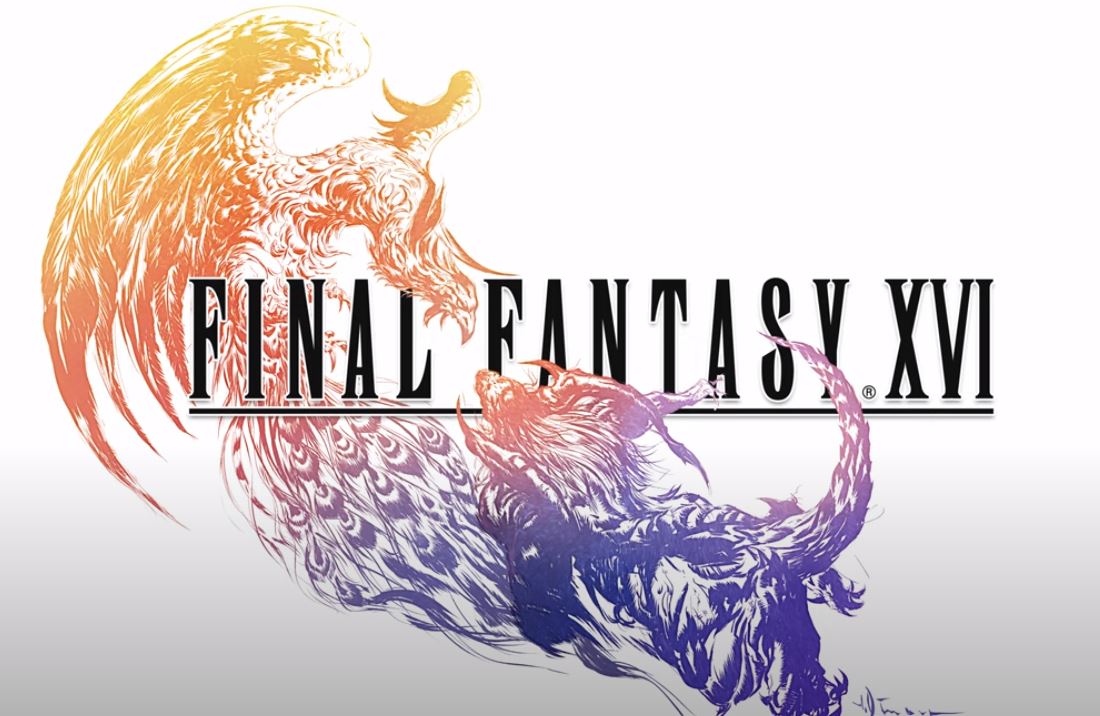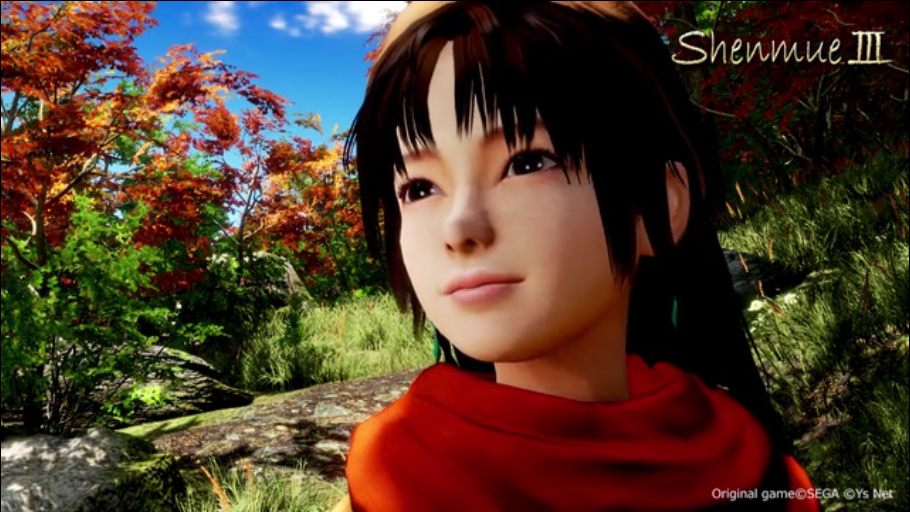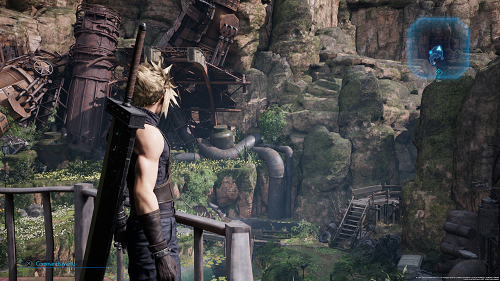
I still remember E3 2015; the one that many have gone on to call the ‘E3 of Dreams’. PlayStation brought three announcements that people had wished for but had long since given up on. We found out that The Last Guardian was finally coming out (and it turned out to be a fine game) now as a PlayStation 4 exclusive, that the Shenmue franchise was being revived by way of a Kickstarter campaign, and that the Final Fantasy VII remake that had been dreamed about ever since that famous PlayStation 3 tech demo was finally becoming reality. Since then, Final Fantasy VII Remake has had a rocky development, with the game being brought in-house and development effectively restarted after Square Enix stated that they had concerns over the quality of the title. While there are some small quality issues apparent throughout the released game, this modernisation of an RPG classic was well worth the wait.
Before continuing, I want to tell you a little of my history with the Final Fantasy series to give you some context to my impressions. My first experience with the series was seeing ads for the platinum release of Final Fantasy VIII on TV. I was utterly infatuated with the trailer, continuously annoying my parents until they both bought a copy for my birthday. After completing the game, I espoused its myriad virtues to my friends, spreading the good word of Final Fantasy. I still remember the day when three of my friends showed up my house with no warning, showing off the copy of Final Fantasy VII they had just gone and bought. Honestly, it had never even occurred to me that there would be an earlier game in the series; cue me once again bothering my parents for a game. There are moments in that game that have stuck with me in the decades since then, something which I can’t say about too many games, and so, I went into Final Fantasy VII Remake with not only a love for the original, but also a solid understanding of the original content.
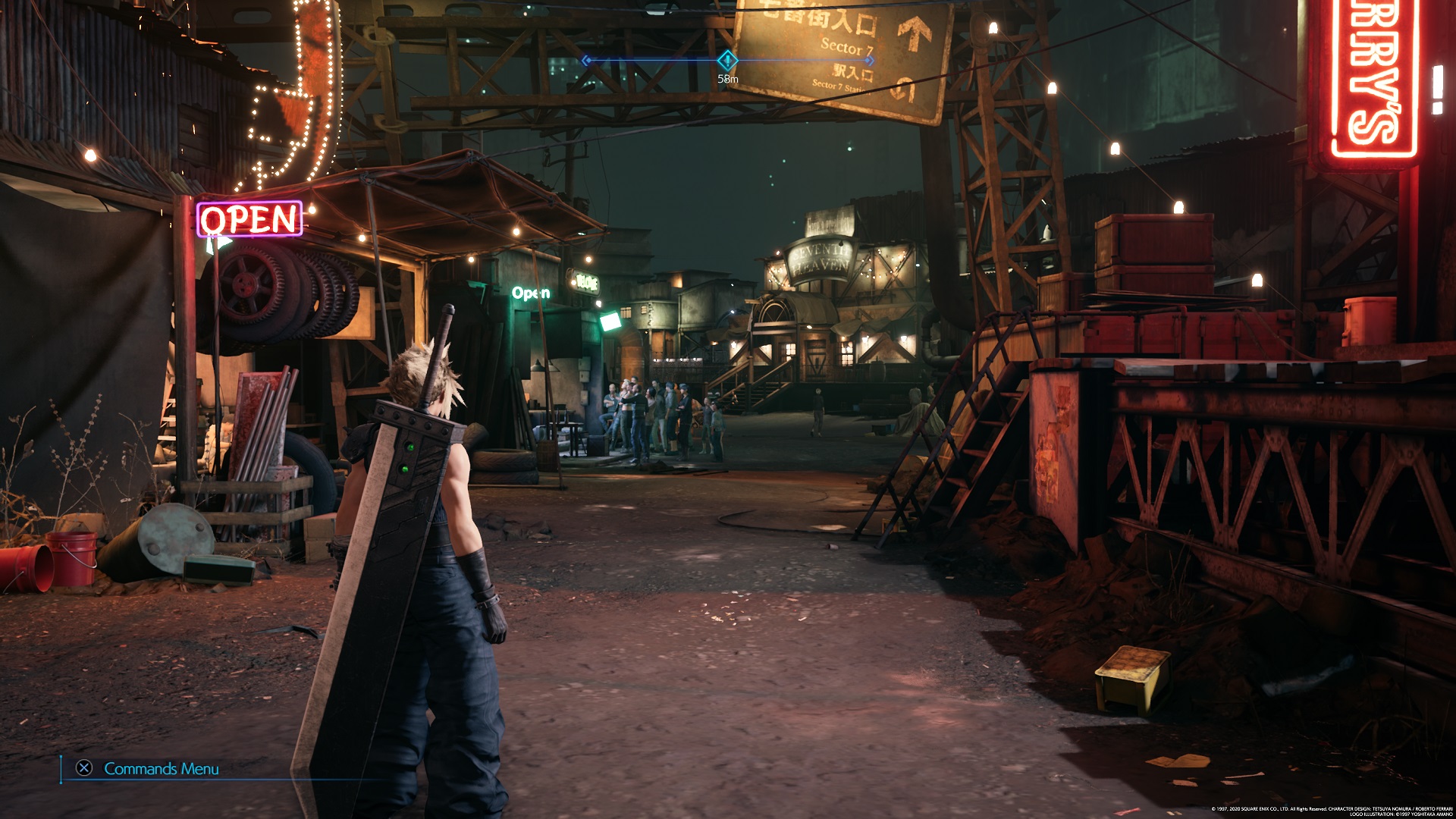
I’ll get this out of the way right now: for those of you wanting a totally faithful remake of the entirety of the original game, Final Fantasy VII Remake won’t quite hit the mark for you. Opening at the beginning of the original story and finishing at the end of the original Midgar section of the game, Final Fantasy VII Remake covers a small portion of the original work but builds on that source material in meaningful ways. Once bit-characters like Jessie, Biggs and Wedge have significantly more involved stories, giving them personalities and backstories, and giving you a reason to care about them. Previously glossed over or contracted sections of the game have been expanded, giving you a larger glimpse into Cloud and Co’s time in the city of Midgar. Broadly speaking, this additional content feels meaningful and expands on the original source material in ways that I enjoyed. There were a couple of moments that left me a little underwhelmed, but they were more than made up for by sections such as the newly expanded Wall Market.
One of the biggest ways Final Fantasy VII Remake expands on the original game is through the inclusion of a few semi-open environment sections where you’re given the freedom to roam the slums of Midgar. While no one of these sections is crammed with content, there are a range of side quests and mini games to jump into. The game’s side quests aren’t overly original or involved, typically including killing some monsters or finding something missing, but there aren’t so many of them that they grow boring or frustrating. The mini games are a bit more interesting, including combat challenges, timed box destruction and the world famous Squat Off. The real benefit to these free-roam sections is that they’re relatively interspersed throughout the game, creating the perfect break from the otherwise linear map design and progression, keeping them feeling fresh and fun.
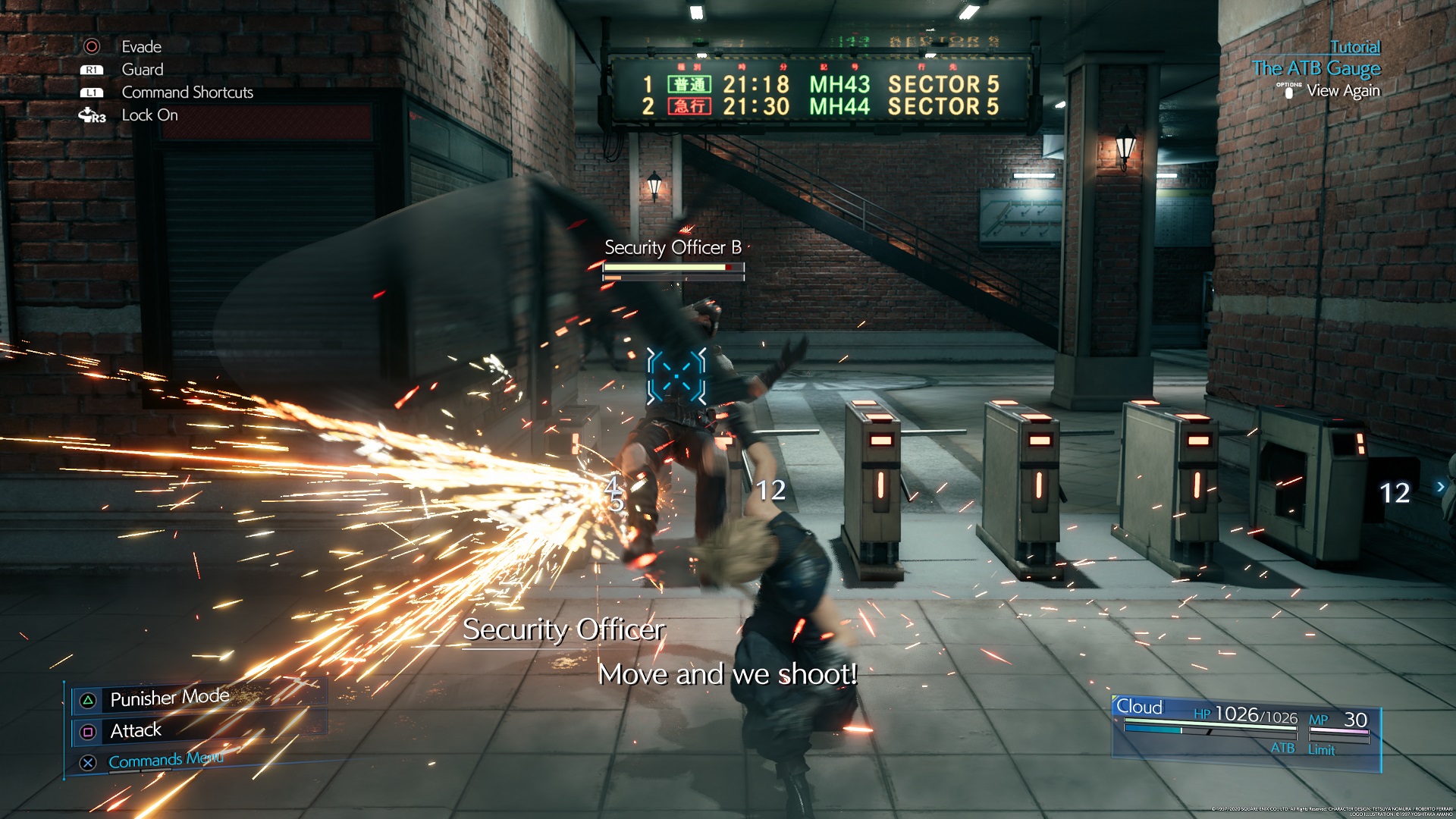
Another of the largest changes to Final Fantasy VII Remake comes in its combat. Instead of the Turn-Based RPG you might remember, Final Fantasy VII has been brought into the world of the Action RPG. What I found in the game was a combat system that felt like a more responsive and tactical version of Final Fantasy XV’s combat. The actual controls aren’t too dissimilar – you have a single basic attack button, a guard, a dodge, and your standard special attacks – but there’s an element of strategy and resource management that wasn’t present in XV. Just like in the original Final Fantasy VII, you can control your entire party, freely swapping between characters at any point; and you really need to swap between characters. As you fight, each character’s ATB gauge will fill. This ATB gauge is required to do any action that isn’t a standard attack, guarding, dodging or using limit breaks. So, if you want to heal, use magic or use a special attack, you need a filled ATB gauge section (or sometimes two). The character you actively control has the benefit of a faster filling ATB gauge, meaning that quickly changing between characters and attacking to fill their gauge is an absolute must, otherwise you’ll quickly find yourself in situations where nobody can heal and you’re all about to die. Guarding and dodging are both utterly critical, especially during boss battles, where using them will often be the only way you survive. Combat feels impactful, and you’ll need to exploit weaknesses and special conditions to pressure and stagger enemies to truly get on top in battle. There are few easy battles in Final Fantasy VII Remake and I wouldn’t have wanted it any other way.
Further enhancing the fantastic combat, is the move away from set archetypes that we saw in the original game. While certain aspects of that still remain, such as Barret’s high HP and Cloud’s general damage dealing potential, the new weapon system gives you more freedom to play around with how you use your characters and the types of roles they can fill. Unlike the original, where weapons were used for an hour and quickly discarded for the next one, weapons are carried forwards with you, have their own levelling system and each have a unique special ability to master. As character’s level up, they gain SP, which can be used to unlock nodes on their weapons, further enhancing them. The general trend of the nodes found within a weapon, along with its base stats, provide various pros and cons to their use. For example, Cloud’s Buster Sword is a good all-rounder with balance physical and magical attack stats, while his Iron Sword is more geared towards magical attack. If I wanted Cloud to be more proficient with magic, as I often did while running with Tifa and Barret, I now had the ability to gear him towards that role. It’s a level of freedom and customisation that wasn’t available in the original game, and one that I wholly enjoyed— even if managing 20 different weapons and their individual levels lead to me resorting to the automated options instead of getting bogged down in the granular details.
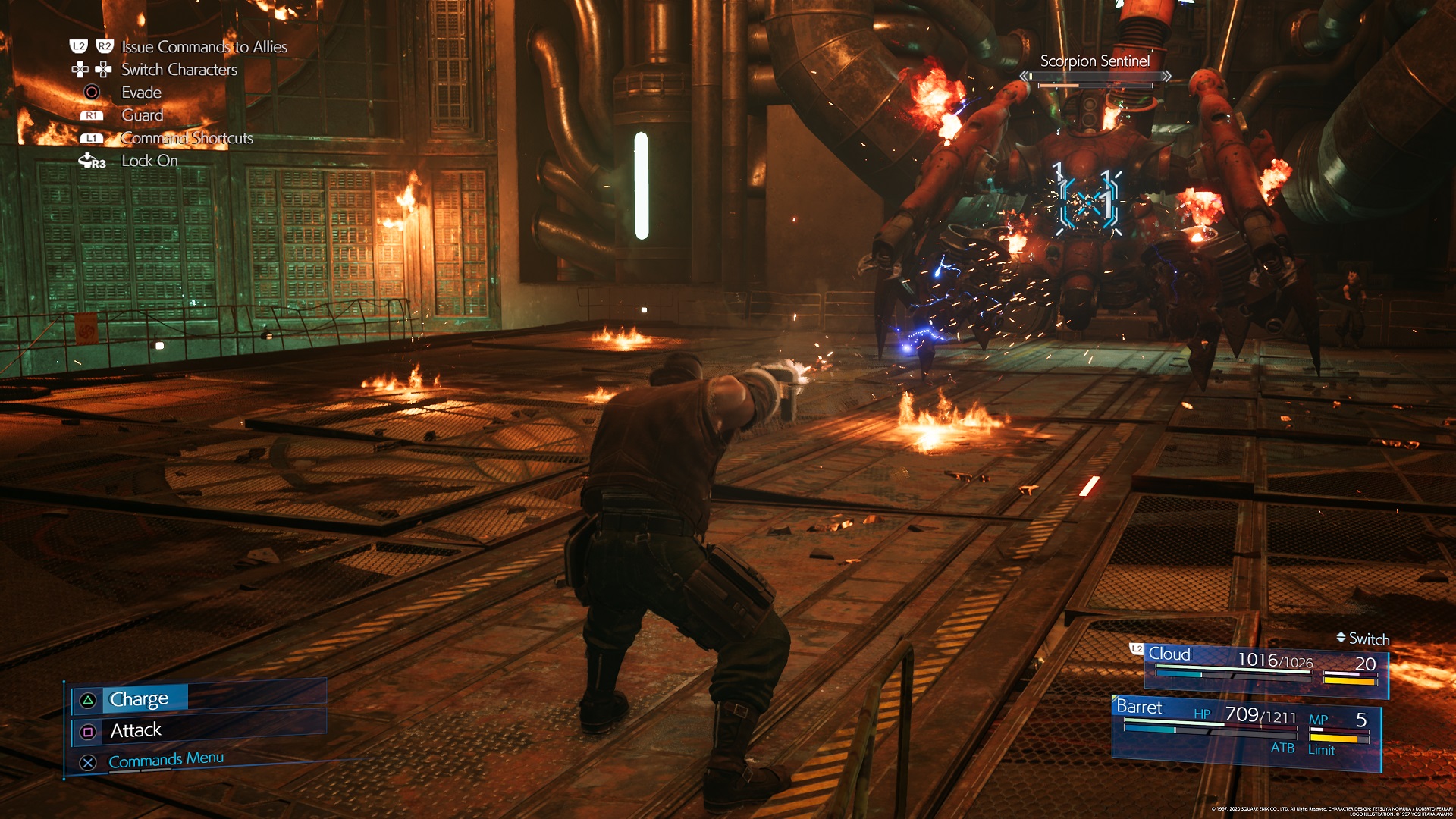
The final changes I’ll talk about are also the most apparent: the near-infinite improvement in audio and graphical quality that comes from 23 years of technological progress. Final Fantasy VII Remake looks leagues ahead of the original game, with incredibly detailed main character models, and yet it’s still instantly recognisable as the same game. I can’t honestly state that nostalgia wasn’t tugging at my heartstrings as the opening of the game played or as I once again met Aerith for the first time. The gap between the original and remade Final Fantasy VII is as big a gulf as I’ve ever seen, but the visuals are far from without fault. While main characters look amazing, NPCs and lesser characters don’t come close in detail, and the world itself has a similarly frustrating lack of visual consistency. While some areas look amazing, you can easily see where corners were seemingly cut. I came across texture-less polygonal models on more than one occasion, while in what was meant to be an emotionally charged chapter, all I could focus on was the fact that the pre-rendered background I was staring at was a blurry mess that wouldn’t have looked out of place 23 years ago.
In a similar fashion, the audio of Final Fantasy VII Remake is leagues ahead of the original game, but it’s just not consistent. The OST is nothing short of amazing, with new remixes and arrangements of the original tracks that are a joy to listen to. On more than one occasion I let the game hand on the menu or in certain areas just to keep listening to the music. The best part is the variety, with a breadth of orchestral music, along with some tracks grounded more in electronica and metal interspersed. What the amazing music really highlights, however, is just how poor some of the voice over work is. Of the characters within the game, there are only a handful that I would say had good or great voice work (such as Aerith and Cloud), with the majority of characters having either flat delivery or delivery with emotions that didn’t seem to quite match the scene. I feel like average voice work is something that has become almost synonymous with games from Square-Enix, but I had hoped the importance of this game would have seen them transcend that generalisation.
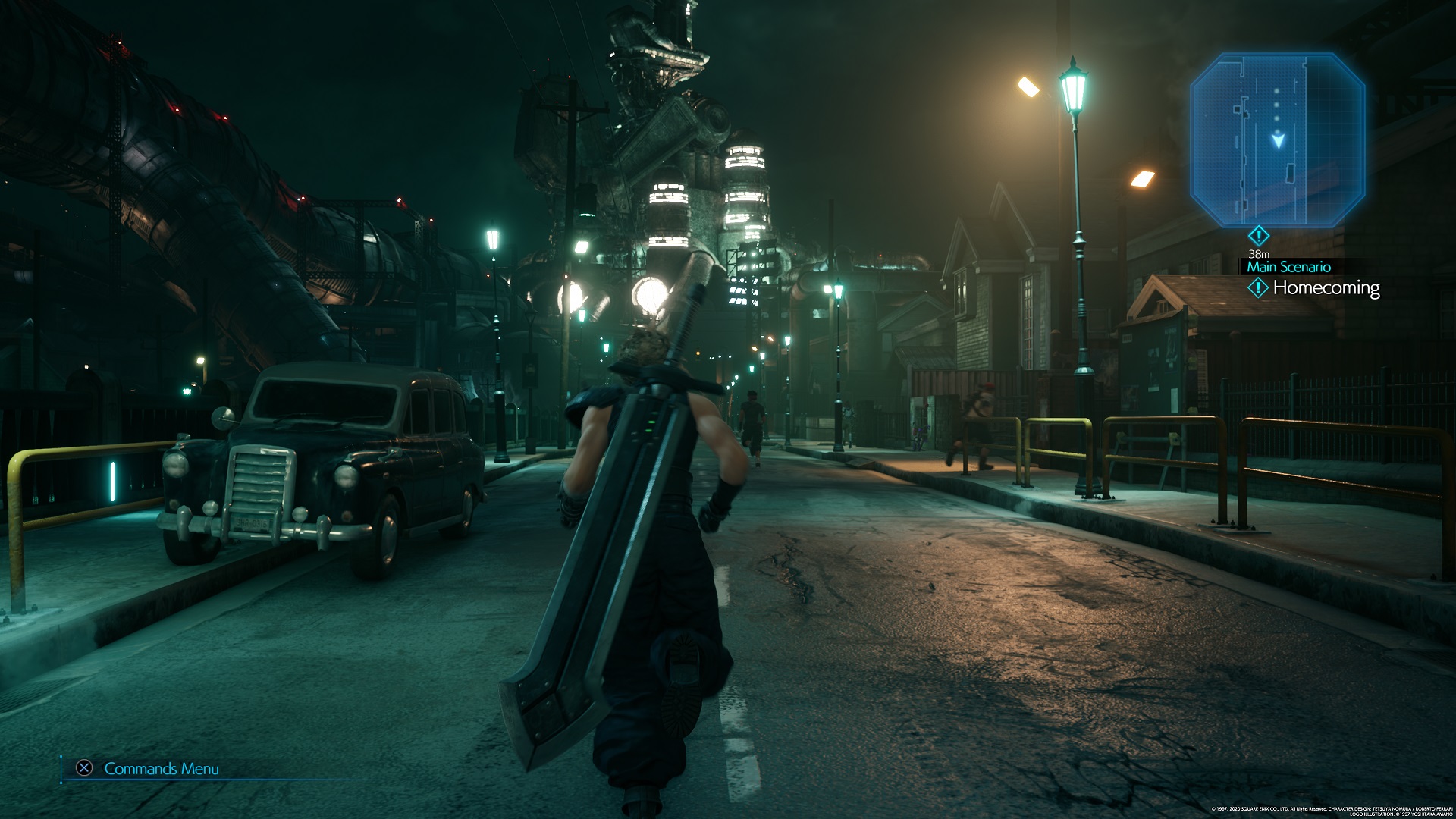
There’s no doubt that my time with Final Fantasy VII Remake was a nostalgia-filled adrenaline rush, but even after discounting the nostalgia I can’t help but heartily recommend it. It has one of the best feeling and playing action combat systems I’ve seen in an RPG and even without nostalgia the music is amazing, and the vast majority of the game is great to look at. There are some inconsistencies in quality throughout the experience, and having not played the original will make some story moments confusing, but these don’t overly detract from the experience. Whether you’re a series die-hard or a newcomer, Final Fantasy VII Remake is a must-have.
Rocket Chainsaw reviewed Final Fantasy VII Remake on a PS4 Pro console. The game is available exclusively on PlayStation 4, while ports of the original game are available on PC, Switch and Xbox One. Our review of the Switch port of the original Final Fantasy VII can be found here.
- Combat systems feel fantastic - OST is incredible, regardless of nostalgia level - Expanded and new content feels meaningful - Main character models look fantastic
- Visual quality is inconsistent - Voice acting is average

